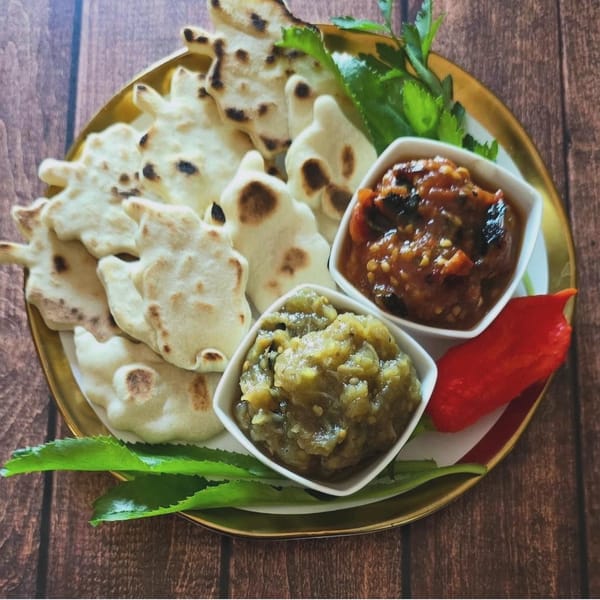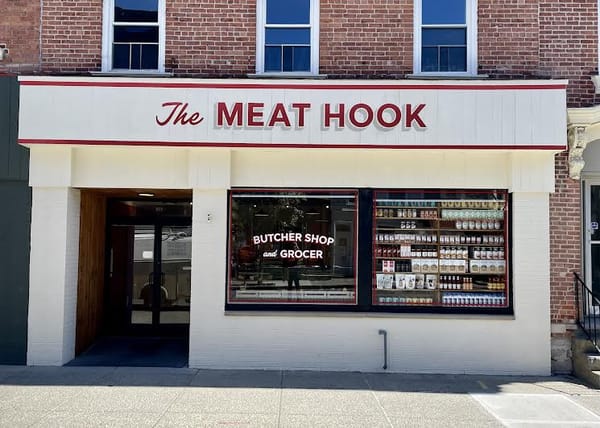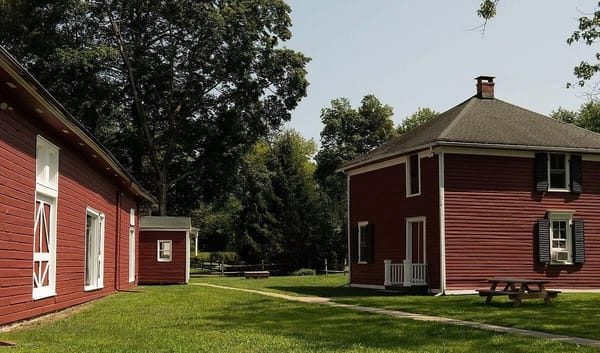
Peter Davies and Mark Scherzer are the owners of Turkana Farms in Germantown, NY. This week Mark writes: It's Too Damned Hot! Cole Porter got that part right. It's also too damned dry. I feel like a contrarian, but looking at the weather forecast and seeing a straight row of cloudless bright yellow discs fills me with a dark dread. What a Chamber of Commerce tourism official might celebrate as "classic" summer weather, perfect for poolside afternoons and fireworks-studded evenings, looks more to me like an incipient drought. This is not just my lack of a sunny disposition. There is an objective basis. Since June 13, we've had just one third of an inch of rain. In the first two weeks of June, we had less than one and one-third inches. (The historical average precipitation in June for this area is closer to 4 inches.) Combine that with this week's 90 plus degree heat, and you have a potential flood of misery. The consequences of low rainfall and heat may seem readily apparent and simple to address—water the garden, each bed in its turn, from 8 in the morning until late at night, moving our low-flow sprinkler every couple of hours; mulch the vegetables; let the lawns go brown. And how much can we water without depleting our well? Do we soaker hose the raspberries that are beginning to shrivel? From the livestock perspective, moreover, there's a virtual torrent of implications I never would have thought about, mostly involving more work.

First, there's the challenge of keeping all the animals hydrated. They, like us, drink a lot more when it's hot. The five gallon water tower that might last 50 chickens a full day in cool weather may need refilling twice on a brutal day, so chores take a lot longer and (because you're hauling water out to a pen in the pasture) are a lot harder. As the grasses dry up, the sheep and cows get less of their water from grazing, so more frequent refills of their tanks are required. The pigs need not only drinking water but also mud to wallow in to keep cool. Because they lack pores, they do not sweat. More water delivery, lengthening chore time yet again Where do you head in the heat? The shade. So do the cows, who have a lovely, cool, shady spot, and the sheep, for whom the only good shade in the most brutal heat is the barn. So just when we've cleared the barn of all its accumulated hay and poop from the winter, we find ourselves back to having to muck out more poop in the heat.

Then there are the containment issues. In the summer we like to graze our young ewes on the front lawn and its adjacent small pasture to the west. When they're near the house, they get used to relating to us which makes them easier to manage as they get to be adults. We get the additional pleasure of watching them graze the lawn in formation, a sort of munching chorus line, as we eat dinner on the porch. This arrangement requires a barrier between the lawn and the flower beds and vegetable gardens for which we've relied on stock fencing running up to our pond. But as our pond level sinks (it’s presently down at least four feet), a gap develops. Peter has already moved the fence twice, but each time the pond recedes further we find the ewes once again enjoying a salad of ornamental flowers by the back door. Moving reluctant ewes back where they don't want to go is not my idea of fun hot weather activity. The electric fencing we rely on for the main pastures is equally problematic. As the ground dries up around the iron rods that serve as subterranean grounding, the fence begins to lose its potency.Our cows have relatively generous grazing land. But with a weaker pulse in the fence, if they see a greener spot on the other side, they are less and less deterred from crossing it. Longer term, of course, we wonder whether a prolonged drought might drive up feed costs. Last year's incessant rains made the pastures grow copiously, but they also made for a miserable hay season, driving up prices. This year, farmers may have the opportunity to "make hay while the sun shines," but if the weather pattern does not change soon, there may be much less grass to cut, at least for the second cutting, which animals much prefer through the winter months. How pervasive the need for water, how basic an element it is, how dependent we are. As the children's rhyme goes, If all the world were apple pie And all the sea were ink And all the trees were bread and cheese What would we have to drink —Mark ScherzerFor the complete archive of past AgriCulture blogs, click here.








